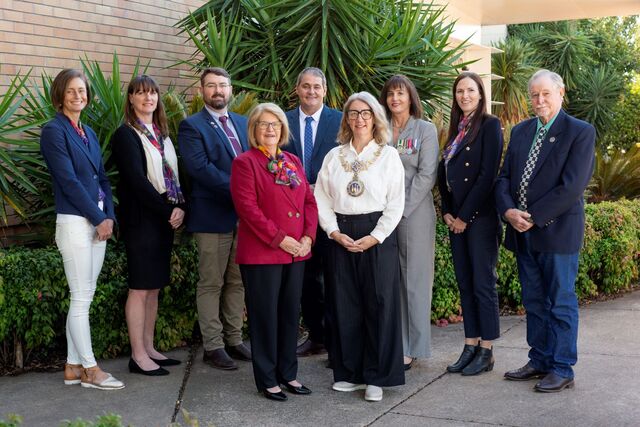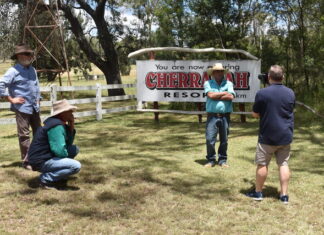Digital Edition
Subscribe
Get an all ACCESS PASS to the News and your Digital Edition with an online subscription
Renewed scrutiny over controversial water licence
Despite persistent community opposition, Queensland Water Minister Ann Leahy has so far resisted making a call on whether to call-in and reassess the controversial...








